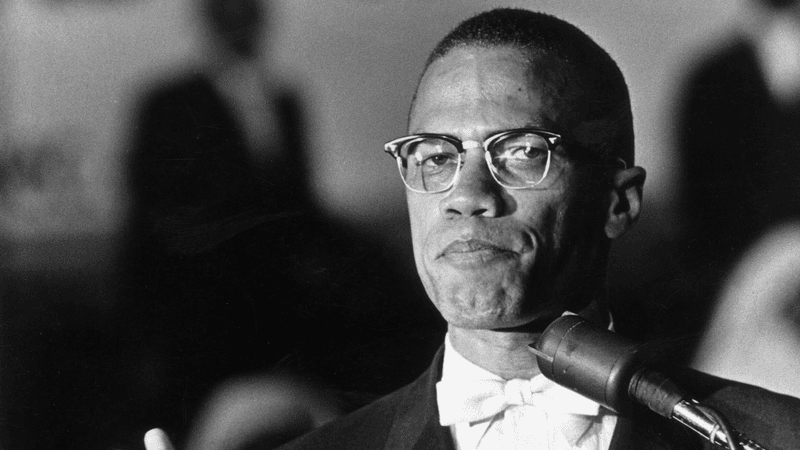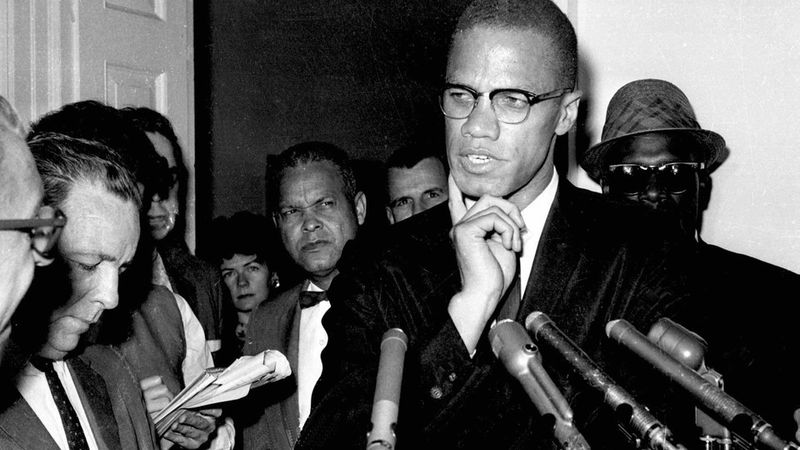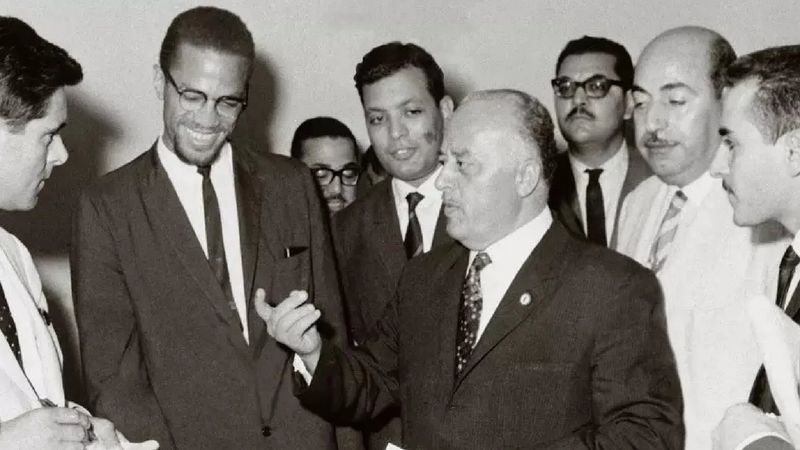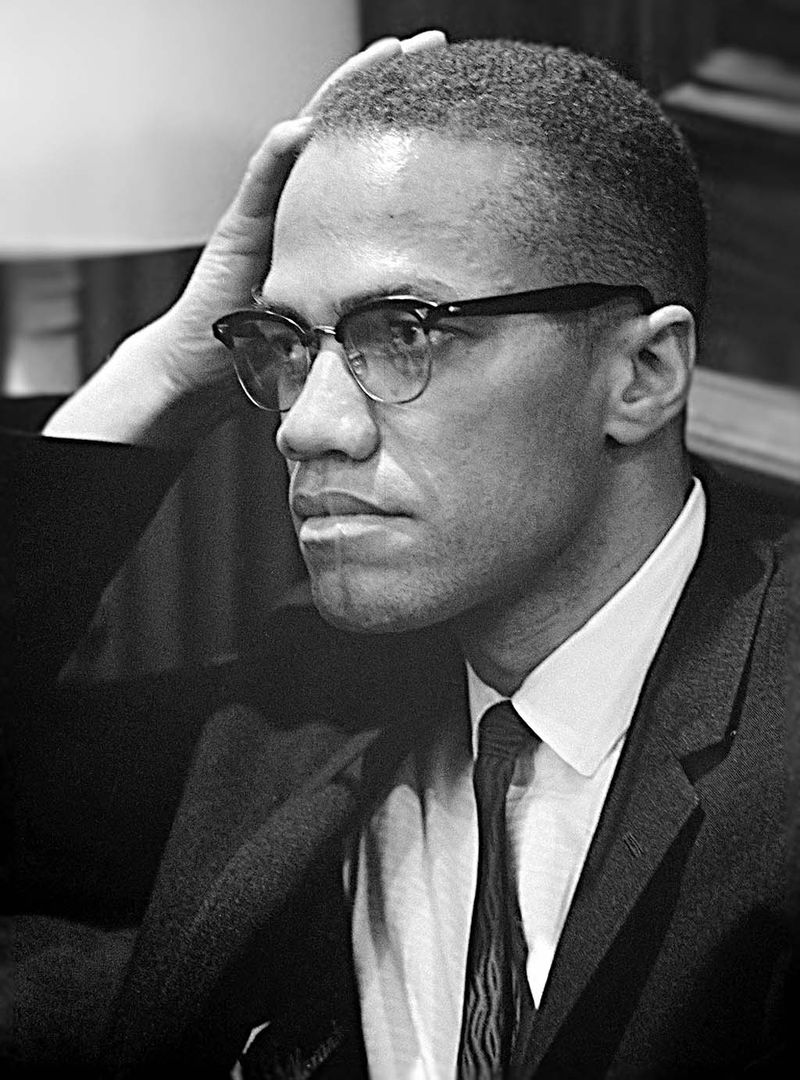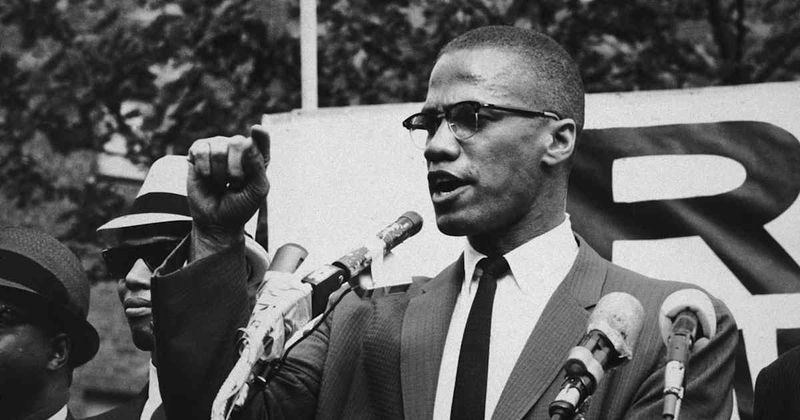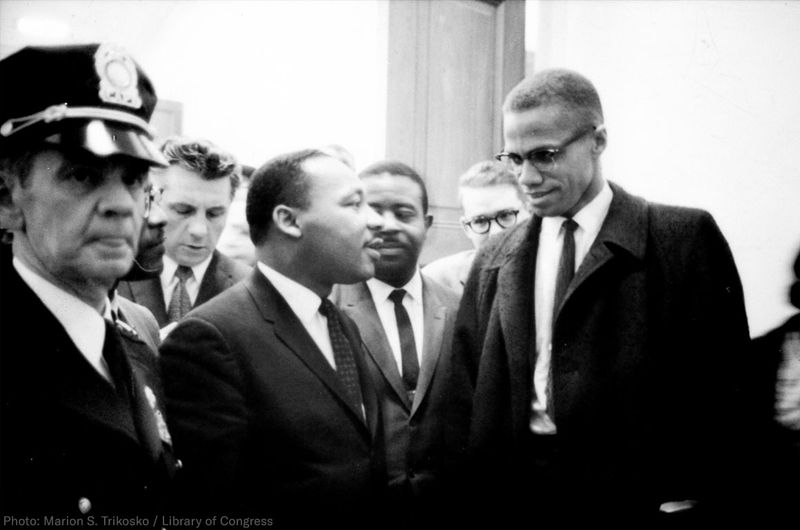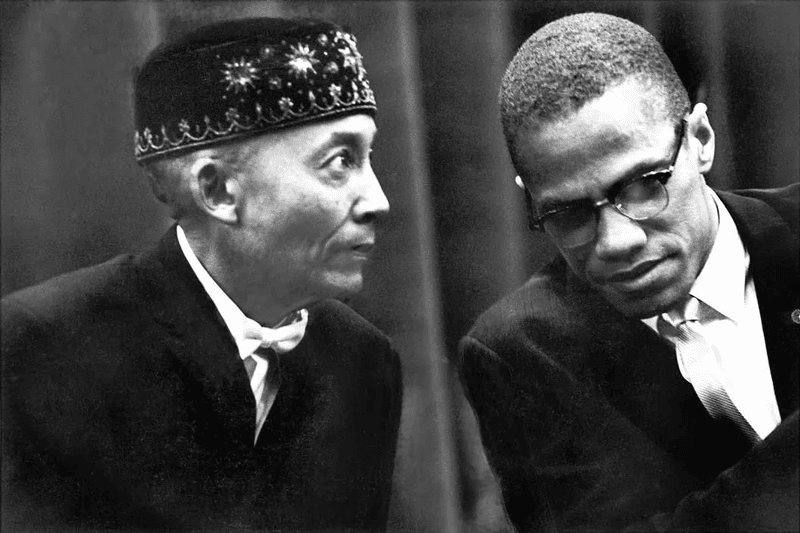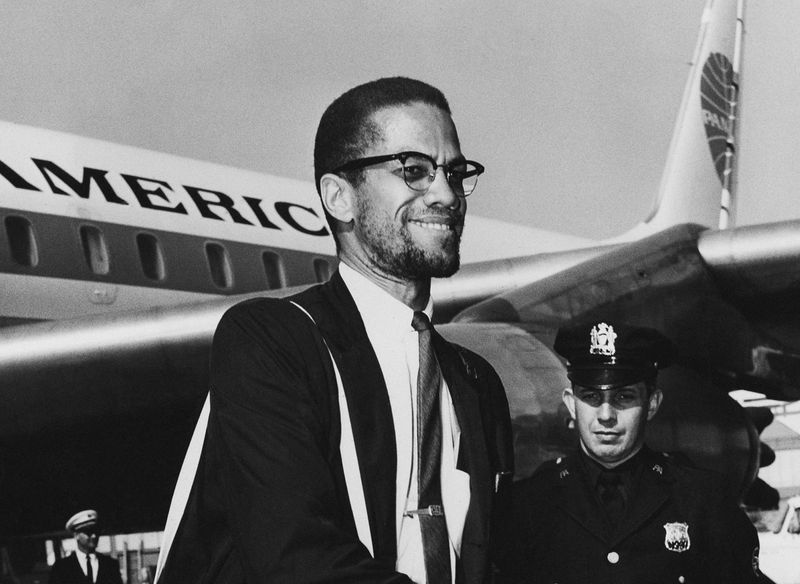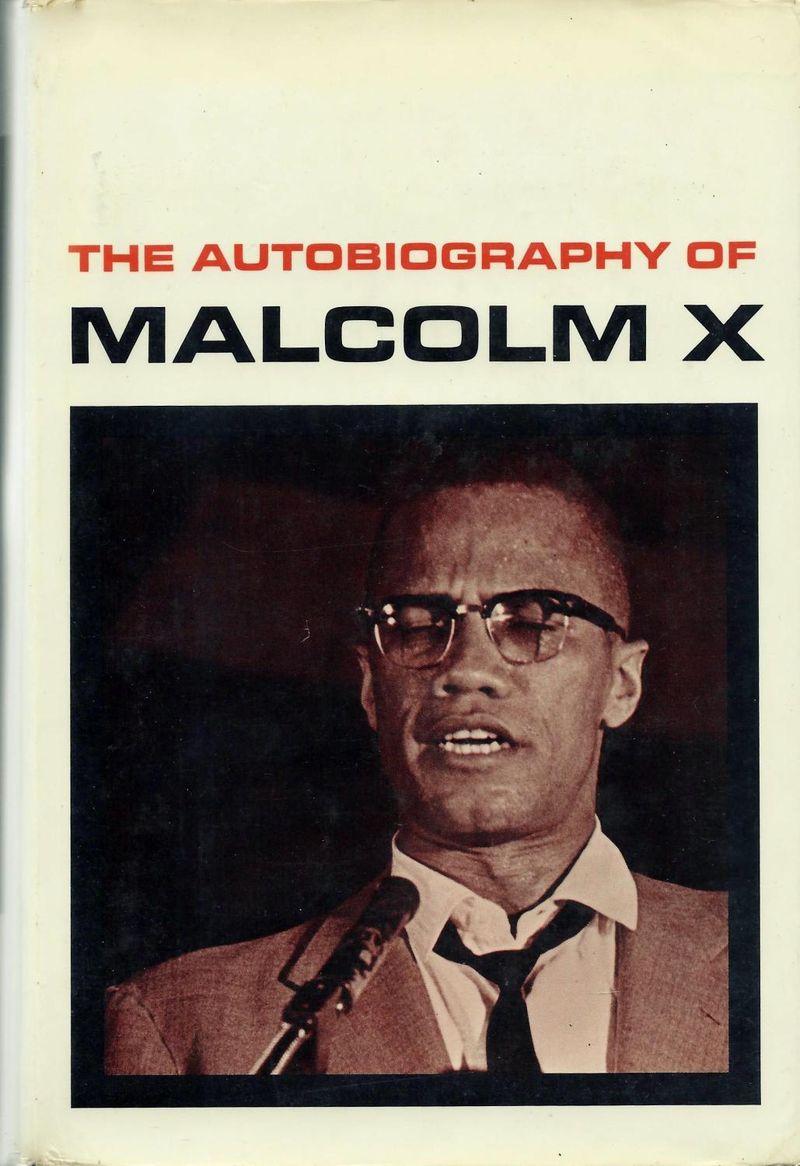Malcolm X, a prominent figure in the American civil rights movement, was known for his radical approach to challenging systemic racism and inequality. His unapologetic stance and fearless rhetoric made him a formidable force in the struggle for Black empowerment and justice. This blog post explores ten facts that highlight what made Malcolm X so dangerous to the established order.
1. Unapologetic Radical Truth-Telling
Malcolm X was renowned for his candidness in addressing racism, calling it a ‘moral crisis’ at a time when others preached patience. His ability to articulate the frustrations of Black Americans was unmatched. Famously, he declared, “If you stick a knife in my back 9 inches and pull it out 6, that’s not progress.” This statement encapsulated his refusal to accept half-measures in the fight for justice. His words resonated with those who felt unheard and marginalized, offering a voice that demanded real change and accountability.
2. Militant Self-Defense Stance
Rejecting Dr. Martin Luther King Jr.’s philosophy of nonviolence, Malcolm X’s mantra ‘By any means necessary’ signaled a shift in the civil rights movement. He advocated for armed self-defense, especially against police brutality, which resonated deeply during the 1960s. His stance empowered Black communities to assert their rights and defend themselves. Malcolm’s approach was seen as a necessary evolution in the struggle for equality, highlighting the urgency and seriousness of their plight.
3. Exposing White Liberals’ Hypocrisy
Malcolm X was fearless in calling out the hypocrisy of self-proclaimed ‘white allies.’ He criticized those who performed allyship yet resisted substantive change. By stating, “The white liberal is the most dangerous enemy to Black America,” he exposed the superficiality of their support. Malcolm’s critique forced a reevaluation of so-called progressive allies, challenging them to reflect on their true commitment to racial justice. His incisive commentary unsettled many, yet it was a necessary confrontation in the fight for authentic solidarity.
4. Internationalizing the Struggle
Malcolm X broadened the civil rights struggle by connecting it to global anti-colonial movements. In 1964, he took Black America’s fight to the United Nations, highlighting the international dimensions of racial injustice. By linking U.S. racism to global colonialism in Africa, Asia, and the Middle East, Malcolm positioned the civil rights movement within a worldwide context. His advocacy for international solidarity not only expanded the scope of the struggle but also underscored the interconnectedness of oppressed peoples everywhere.
5. Economic Separatism
Economic empowerment was a cornerstone of Malcolm X’s philosophy. He championed Black-owned businesses, banks, and land ownership, asserting, “We must control the economy of our community.” Malcolm believed economic separatism was vital for true liberation. By advocating for economic self-sufficiency, he sought to break the chains of dependency and foster community resilience. This focus on financial independence was seen as a revolutionary act, challenging the status quo and empowering Black communities to build their futures.
6. Explosive Oratory Skills
Without a formal education, Malcolm X debated Ivy League professors and captivated audiences with his powerful rhetoric. His ability to articulate complex ideas in a relatable manner drew crowds that swelled from hundreds to over 25,000 at his peak. Malcolm’s speeches were electrifying, filled with passion and urgency. His oratory skills made him a compelling figure, capable of inspiring and mobilizing masses. This natural talent set him apart as a leader who could effectively communicate the struggles and aspirations of Black America.
7. FBI’s #1 Surveillance Target
J. Edgar Hoover, the head of the FBI, labeled Malcolm X ‘the most dangerous man in America,’ a testament to his influence. The FBI’s COINTELPRO program heavily surveilled him, planting spies within his inner circle. Malcolm’s calls for justice and equality posed a significant threat to the status quo. The intense scrutiny and infiltration by the FBI underscored the perceived threat he represented to governmental and societal structures. This relentless monitoring highlighted the lengths to which authorities would go to silence his powerful voice.
8. Breaking From the Nation of Islam
Malcolm X’s departure from the Nation of Islam marked a significant turning point in his life. After discovering the corruption within, he openly condemned the actions of Elijah Muhammad, fully aware of the dangers this posed. His courage in speaking out against his former organization demonstrated his commitment to integrity and truth. The break allowed Malcolm to explore new ideologies and broaden his impact. This pivotal moment not only redefined his path but also underscored his willingness to risk everything for his beliefs.
9. Pan-African Alliances
Malcolm X forged alliances with influential global leaders, including Fidel Castro, Kwame Nkrumah, and Che Guevara. These connections terrified the U.S. government, as they signaled a united front of revolutionary figures. By aligning with leaders outside the U.S., Malcolm emphasized a Pan-African approach to the civil rights struggle. This international collaboration highlighted the shared goals of oppressed peoples worldwide and reinforced the global nature of the fight against imperialism and racism.
10. Posthumous Influence
Even after his assassination, Malcolm X’s influence continued to grow. His autobiography, which he co-authored with Alex Haley, has radicalized generations, including figures like Tupac Shakur and the founders of the Black Lives Matter movement. Malcolm’s ideas and philosophies remain relevant, inspiring movements for justice and equality across the globe. His legacy lives on through those who continue to fight for the principles he championed. This enduring impact underscores the timeless and transformative nature of his vision.

